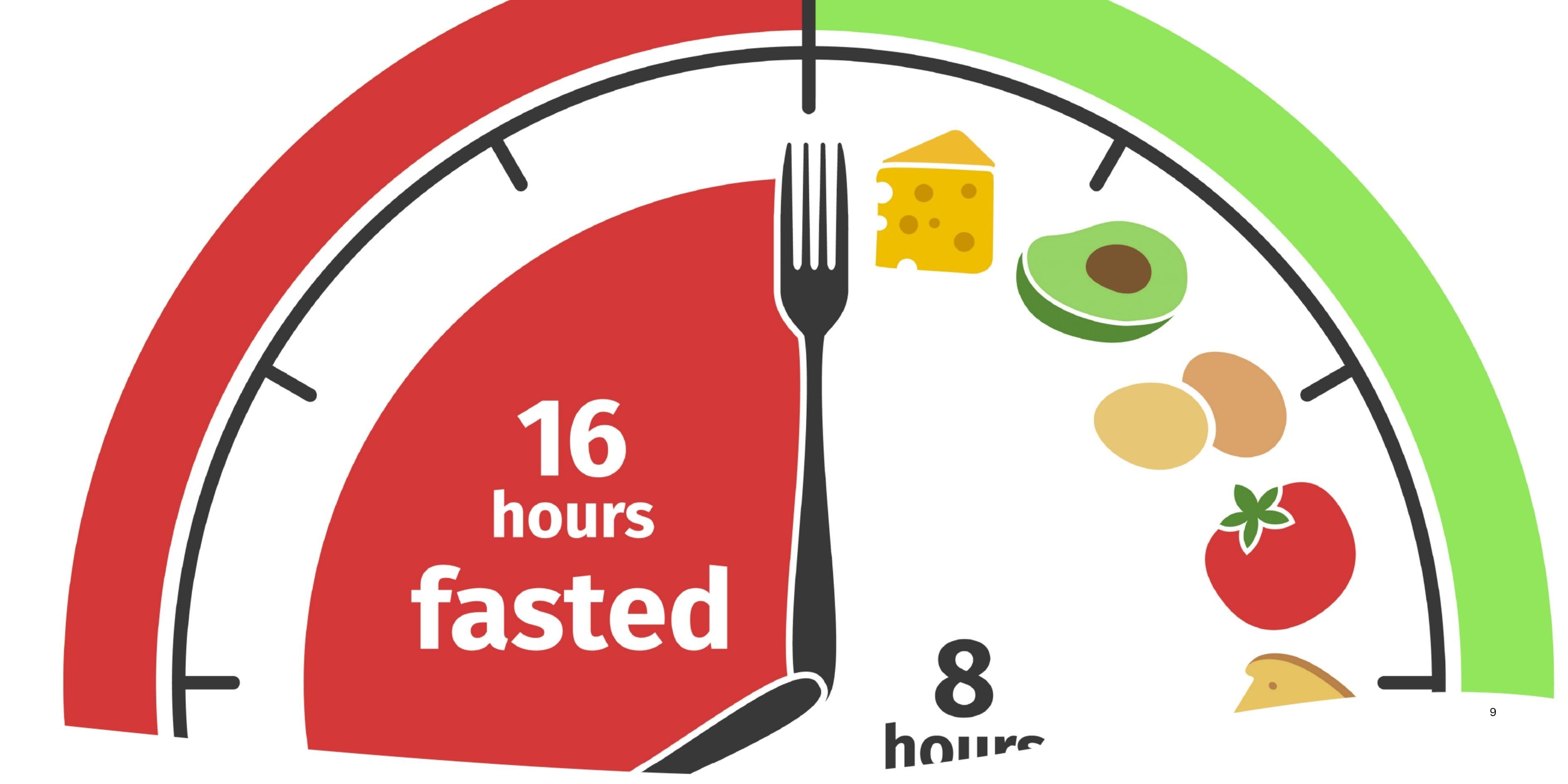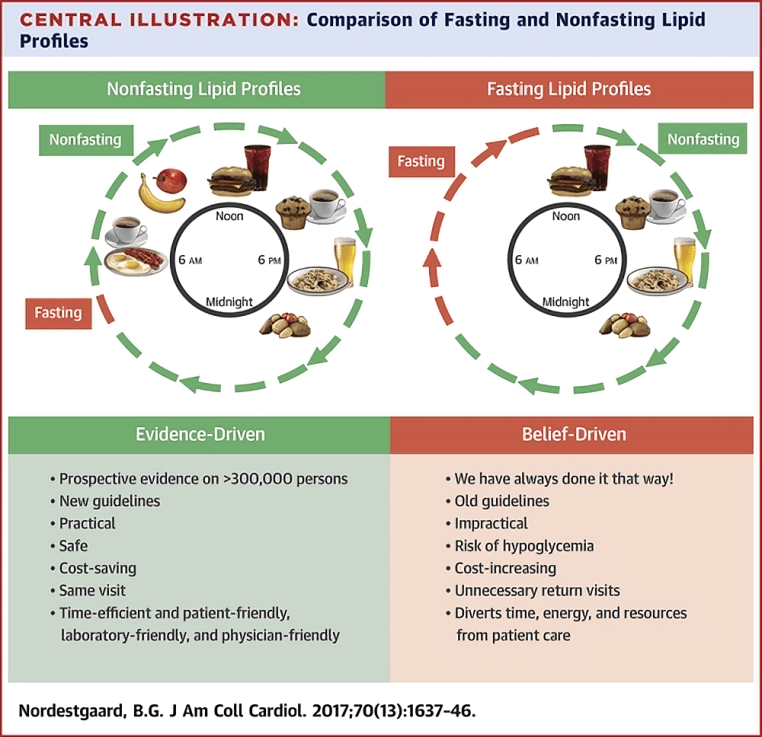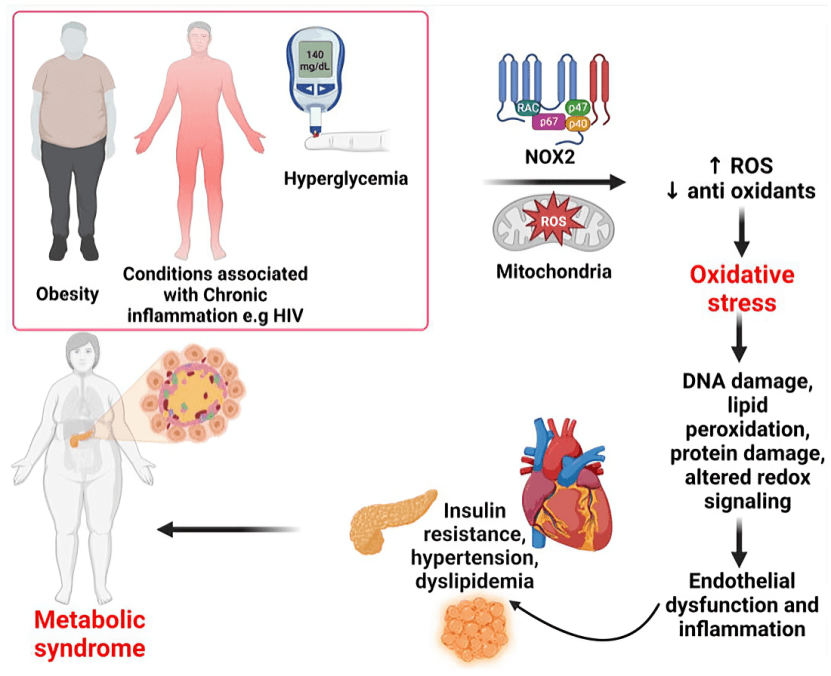
“
Understanding intermittent fasting's benefits & risks is essential before jumping on the trend. Not everybody reacts the same way to skipped meals or compressed eating windows. For some, it sparks energy, focus, and a sense of control. This duality is what makes intermittent fasting's benefits & risks so worth exploring. From cellular repair to mood swings and blood sugar regulation to sleep disturbances—there’s more than meets the eye. 1
1
”
Intermittent fasting cycles between eating and fasting, and methods like 16:8 or 5:2 can help reduce calorie intake, enhance fat metabolism, and support natural weight loss without requiring strict dietary restrictions.1
IF has been linked to improved insulin sensitivity, meaning the body responds better to insulin, which helps regulate blood sugar and reduces the risk of developing type 2 diabetes over time.2

By promoting better blood lipid profiles, intermittent fasting may reduce total cholesterol, LDL cholesterol, and triglycerides, supporting cardiovascular health and potentially lowering the risk of heart disease.
During fasting, the body initiates autophagy, a natural process that clears out damaged cells and recycles components, which may play a role in preventing disease and promoting longevity. 3
Research on animals shows that intermittent fasting might increase lifespan by boosting cellular repair, metabolic efficiency, and resistance to stress — effects that could apply to humans, too. 4

The body's resistance to oxidative damage improves during fasting, which may help protect DNA, cells, and tissues from aging-related diseases and maintain overall health longer.
IF may improve gut health by supporting beneficial bacteria and giving the digestive system time to rest, potentially reducing bloating, promoting balance, and enhancing nutrient absorption. 5
Time-restricted fasting may support muscle preservation during weight loss by encouraging fat loss over muscle breakdown, especially when paired with resistance training and adequate protein intake. 6
IF may support hormone regulation by lowering insulin and increasing growth hormone levels, both of which can aid in fat burning, muscle preservation, and overall metabolic function. 7
Intermittent fasting can enhance mitochondrial health, helping cells produce energy more efficiently and reducing metabolic waste, which may contribute to improved stamina and resistance to cellular stress.8
IF may not be ideal for everyone; people with a history of eating disorders, underweight individuals, or those with certain medical conditions should avoid fasting without medical supervision to prevent potential harm. 9

Some individuals report experiencing headaches, dizziness, or dehydration during fasting periods, especially if they’re not consuming enough water or electrolytes.
Fasting may affect female hormones more strongly than in males, potentially disrupting menstrual cycles or fertility in some women, particularly with longer fasting periods or low overall caloric intake.10
Intermittent fasting may enhance metabolic flexibility, helping the body switch between carbs and fat for fuel. This can boost endurance, reduce fatigue, and keep energy levels steady.11
Fasting can activate genes linked to longevity and cell repair, enhancing the body’s defenses and potentially lowering the risk of age-related diseases. 12

Prolonged fasting may cause nutrient deficiencies if meals aren’t balanced, leading to reduced immunity, low energy, and overall health decline.
Intermittent fasting simplifies routines by reducing meal preparation, helping improve dietary discipline, and making long-term healthy eating more manageable for many people.13
Intermittent fasting can support weight loss by promoting fat burning during fasting periods, as the body shifts from using glucose to burning stored fat for energy, helping individuals achieve their fitness goals. 14
For some, intermittent fasting may cause an unhealthy focus on food, especially for those prone to restrictive eating. It’s vital to prevent anxiety, guilt, or obsessive thoughts about eating. 15
Intermittent fasting doesn’t suit everyone. While some thrive, others may experience fatigue, mood swings, or social disruptions, highlighting the need for a personalized approach to eating plans. 16


